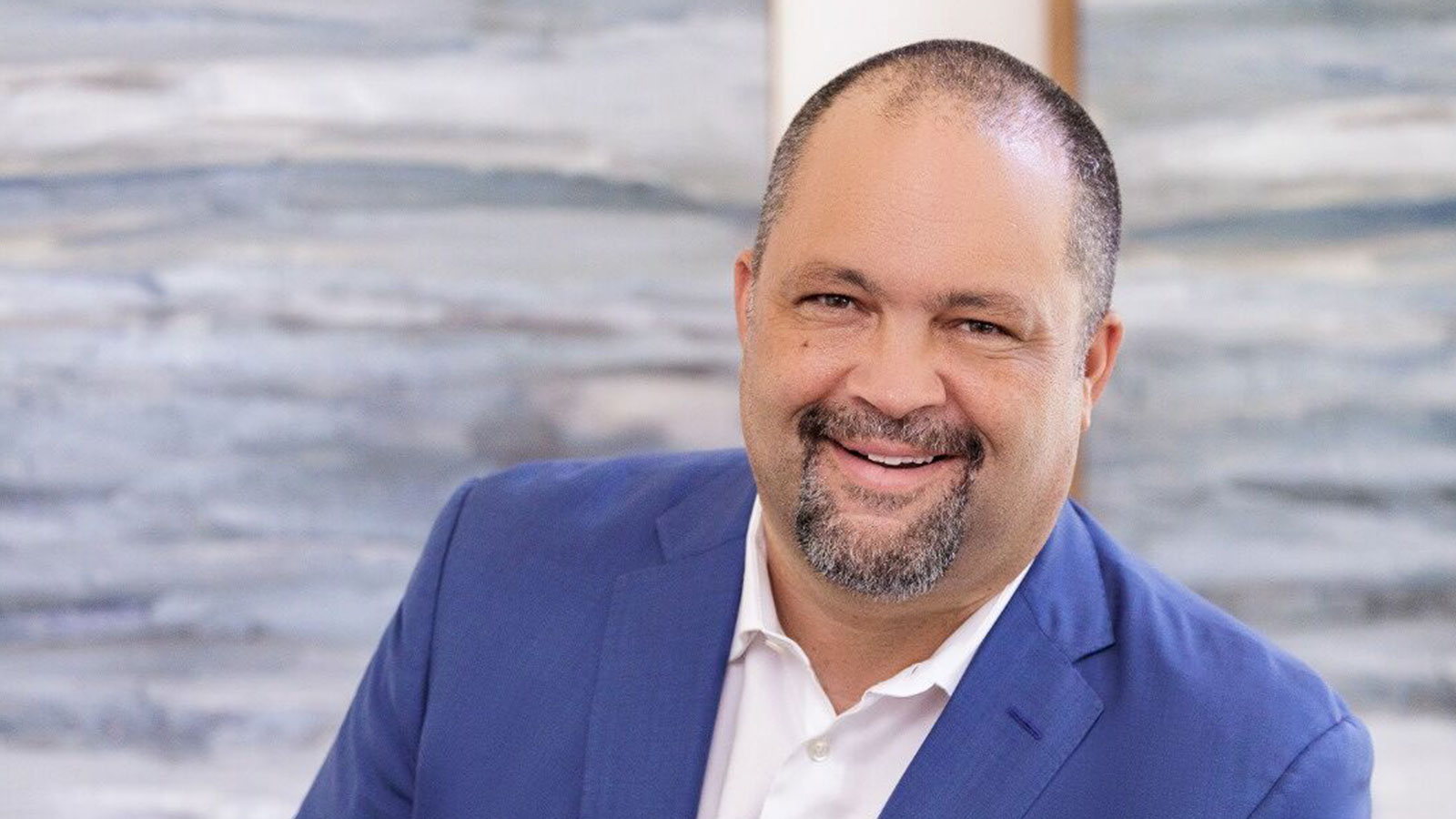Governor Ron DeSantis continues to try to elevate his Presidential chances while doubling down on banning Black history. Meanwhile, the rest of us would be better served by reading more of it. We should go even further by mining American history to find what’s been hidden from us by previous political opportunists that can give us blueprints for how to create a national politics of unity rather than division.
I decided to start by digging into my own family’s history. What I found shocked me.
At the end of the 19th century, my maternal great-great-grandfather, who had been born into slavery, helped build a political party called the Readjusters that took control of the state of Virginia. Here’s what got my attention – it was a multi-racial populist party led by a former Confederate general and a freedman that was pro-workers’ rights, pro-civil rights, pro-voting rights, and pro-public education.
Stop here if anyone taught you that 15 years after the Civil War, Johnny Reb and the freedmen came together to form a new party that won elections for local, state, and federal offices.
How could people who had been enslaved come together with people who had fought a war to keep them in slavery? They all wanted a better future for their kids and to hold on to the new public schools their children attended.
At the time plantation-class oligarchs were using the state’s Civil War debt as a wedge issue to anger Whites. But their class bias pushed them too far. They said they would shut down the newly created public schools to pay for the debt.
In response, many White men (remember only men voted in those days) whose families relied on and supported the schools fled the Democratic Party. They launched the Readjuster Party. Their name came from their demand: readjust the terms of Virginia’s Civil War debt to save the public schools. My grandmother’s grandfather Edward David Bland led the state’s Black Republicans into the Readjusters. It was an easy argument to make; after all Black Republicans had created the state’s public schools a little over a decade before. In the process, they became the majority of its new party’s base.
In less than five years, the Readjusters saved Virginia’s public schools, expanded Virginia Tech, and created what is now Virginia State University, the first publicly supported college for training Black teachers. They raised taxes on corporations and the property they owned, reversing a deficit into a budget surplus. They did away with the poll tax and with the public whipping post.
White men who rented their farms or were otherwise too poor to own land had only had the right to vote since the 1820’s. Black men had only had it since the 1860’s. And by the early 1880’s large numbers of both groups had united in multiple states and were winning major political victories.
To break up a thriving coalition of Black and White farmers and workers, the old plantation owners turned to a tried-and-true playbook. They spread vile disinformation to make other Whites fear the loss of political superiority. They accused Black men of fictitious crimes. The disinformation sparked violence in Danville where there was a majority Black city council and a fully integrated police force. Two White men responded to the propaganda by murdering Whites and Blacks in the streets.
With the Readjusters defeated, White supremacist politicians went on to pass an annual poll tax (equal to $50 today). It slashed the Black vote by 80 percent and the White vote by 50 percent and it eventually was enshrined in the state constitution.
By denying the vote to so many Blacks and low-income Whites, White supremacists essentially outlawed the kind of multiracial coalition that had beat them in Virginia and was chalking up victories in other states.
Even when students learn about the poll tax, that’s not the story most are taught. It’s truly a lesson in the promise of the power of coming together. It’s also a lesson in the lengths to which wealthy special interests will go to divide us. Meanwhile, that’s a lesson that DeSantis and his wealthy donors are teaching us again. After all, it’s the history we forget that is most easily repeated.
Ben Jealous is incoming executive director of the Sierra Club, the oldest and most influential grassroots environmental organization in the country. He is a professor of practice at the University of Pennsylvania and author of “Never Forget Our People Were Always Free,” published in January.















